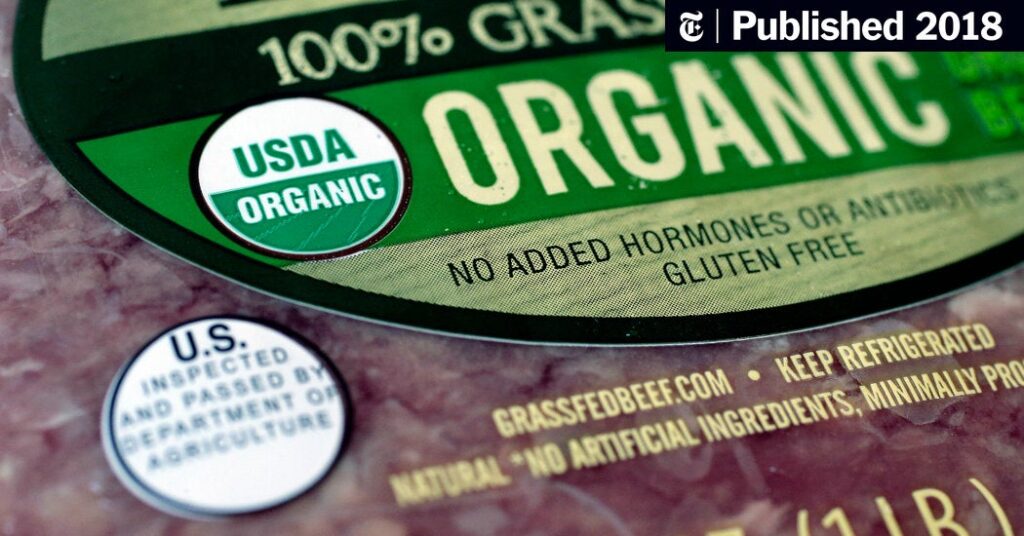Participants provided detailed information about how frequently they consumed 16 different types of organic foods. The researchers asked about a wide range of foods, including fruits, vegetables, dairy and soy products, meat, fish and eggs, as well as grains and legumes, bread and cereals, flour, oils and condiments, wine, coffee and teas, biscuits and chocolate and sugar, and even dietary supplements. Study volunteers provided three 24-hour records of their intake, including portion sizes, over a two-week period.
The information was far more detailed than that provided by participants in the British Million Women study, who responded to only a single question about how often they ate organic.
Participants in the French study also provided information about their general health status, their occupation, education, income and other details, like whether they smoked. Since people who eat organic food tend to be health-conscious and may benefit from other healthful behaviors, and also tend to have higher incomes and more years of education than those who don’t eat organic, the researchers made adjustments to account for differences in these characteristics, as well as such factors as physical activity, smoking, use of alcohol, a family history of cancer and weight.
Even after these adjustments, the most frequent consumers of organic food had 76 percent fewer lymphomas, with 86 percent fewer non-Hodgkin’s lymphomas, and a 34 percent reduction in breast cancers that develop after menopause.
The reductions in lymphomas may not be all that surprising. Epidemiological studies have consistently found a higher incidence of some lymphomas among people like farmers and farm workers who are exposed to certain pesticides through their work.

